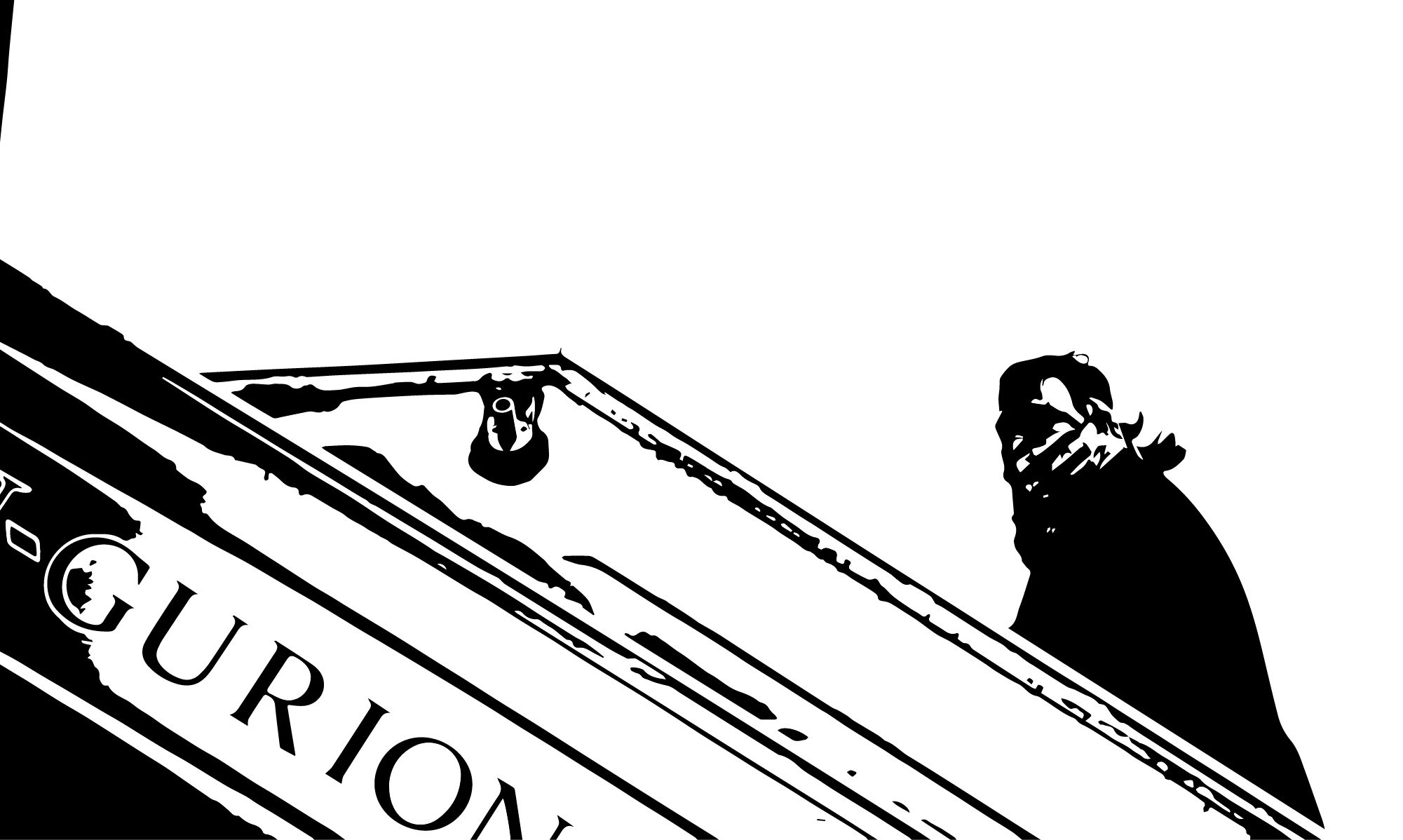It seems that Republican administrations do not like the Middle East as it is.
Last week, amid expectations that the Trump administration is planning a raft of new sanctions on Iran, Secretary of State Mike Pompeo extolled the virtues of the strategy. According to Pompeo, sanctions are a critical tool to undercut the Islamic Republic’s ability to carry out its malicious activities in the region. But he went further. Pompeo proclaimed that the sanctions “are part of the pressures creating a new Middle East.” For Pompeo, and the Trump administration more broadly, the goal has been to unite the US’s regional allies who, he says “seek a region more peaceful and stable than before.”
Pompeo’s language was remarkably reminiscent of a comment made fourteen years ago by another Republican secretary of state.
In the summer of 2006, as war raged between Hezbollah and an Israeli government hellbent on disarming it, Secretary of State Condoleezza Rice pronounced that it was “time for a new Middle East,” one in which “the forces of peace and the forces of democracy” would reign supreme. In fact, Rice called the 2006 Lebanon war — which killed more than a thousand civilians, the vast majority of them Lebanese — the “birth pangs” heralding the arrival of this new kind of Middle East.
The major consequence of Trump’s strategy has been a conflict spiral with the Islamic Republic, which has in response launched attacks on US forces in Iraq, Saudi Arabia’s oil infrastructure, and shipping in the Persian Gulf.
There are some key assumptions behind Pompeo’s call, like Rice’s before him, for a new Middle East. First, that it’s the purview of the United States to recreate the region – not that of its people. They believe that the US has the authority to “fix” a region it doesn’t like, akin to some omnipotent power. Moreover, “fixing” the region, for Rice and Pompeo, means the US must defeat its adversaries. This is another key assumption behind their statements: that there is no benefit to compromise. Indeed, as Rice said in 2006, “It is time to say [to those who would oppose the US] that we will prevail, they will not.” Pompeo in 2020 equates compromise with appeasement.
But the US experience in the Middle East since the start of the century has demonstrated that attempts to “fix” the region have themselves been destabilizing, particularly when done in ways that eschew compromise. The Bush administration was adamant that Saddam Hussein was a problem that needed to be solved, silencing critics who feared that regime change would open a Pandora’s box. Indeed, as Bush found out, invading Iraq and toppling the dictator was the easy part; the insurgency and sectarian war that came next were a calamity of his own making. Moreover, Bush and his team failed to take into account how getting rid of one adversary, Saddam Hussein, would simply empower another one, Iran. The United States overthrew Saddam, but in doing so it unleashed forces it could not control.
Just as the US took out Saddam, Israel sought to eliminate an enemy and thereby “fix” Lebanon during its war against Hezbollah in 2006. At the outset of that conflict, then Israeli Prime Minister Ehud Olmert declared that Israel would not end the conflict until Hezbollah laid down its weapons. But not only did Olmert fail to achieve this objective, the 2006 Lebanon war actually left Hezbollah even stronger than before. In the months and years after the war, Hezbollah added to its military arsenal and became a dominant political force in Lebanon.
More recently, the Trump administration has taken its uncompromising approach to Iran. But it is hard to see how the “maximum pressure” campaign – placing Iran under the world’s most strict sanctions regime – has led to greater regional stability. The major consequence of Trump’s strategy has been a conflict spiral with the Islamic Republic, which has in response launched attacks on US forces in Iraq, Saudi Arabia’s oil infrastructure, and shipping in the Persian Gulf. The true goal, of course, behind the maximum pressure campaign is not to get the Islamic Republic to submit to the US, but to trigger its downfall. Pompeo, incidentally, has called that regime “a nightmare for the Iranian people,” but he overlooks the fact that nobody inside Iran is actually asking for the US’ help. Furthermore, it’s hard to see why he and his boss believe that the collapse of the Islamic Republic would lead to a more peaceful region. If the last decade has taught anything, it’s that the fall of an unpalatable regime does not mean that a nicer one will necessarily take its place.
In short, there will be no new Middle East — at least, not one ushered forth by the United States. There is no Middle East in which the United States and its allies can simply get rid of their enemies, transforming a region plagued by conflict and war into one of peace and stability. The region will only achieve a more peaceful future if its people begin to find ways to accommodate each other. And that can only be done under the guidance and leadership of its people. The US may be able to help broker such a future, but it cannot simply impose its will on the region. Nor should it try. None of this means that conflicts of interest, some exceedingly deep, won’t remain. But if we learn to compromise, the result may be, if not a new Middle East, at least a better one.
Katherine Harvey is at work on a book about Saudi Arabia and Iraq in the years after the 2003 invasion of Iraq. She holds a PhD in Middle Eastern Studies from King’s College London, and served as a naval intelligence officer in the Persian Gulf.





















